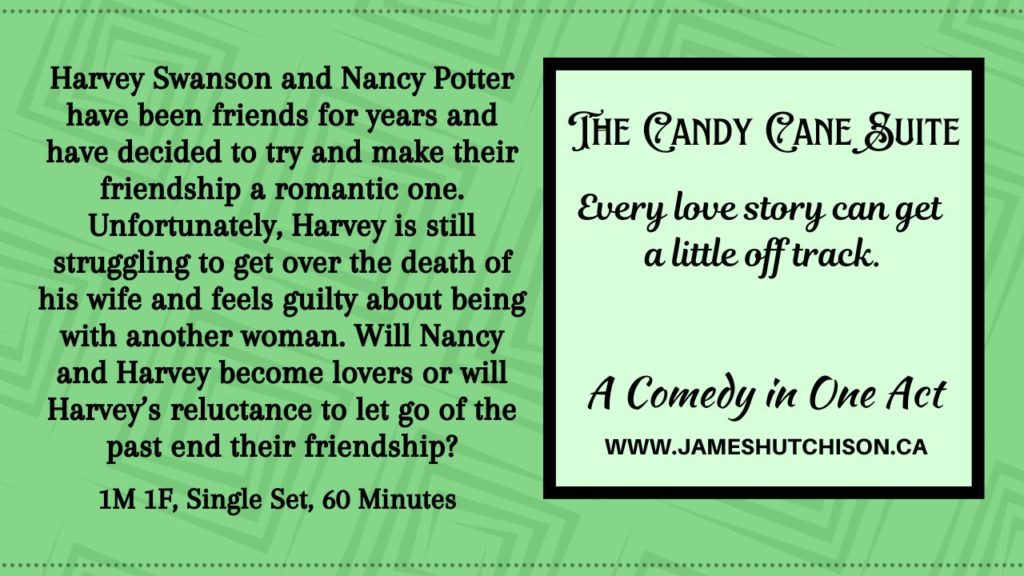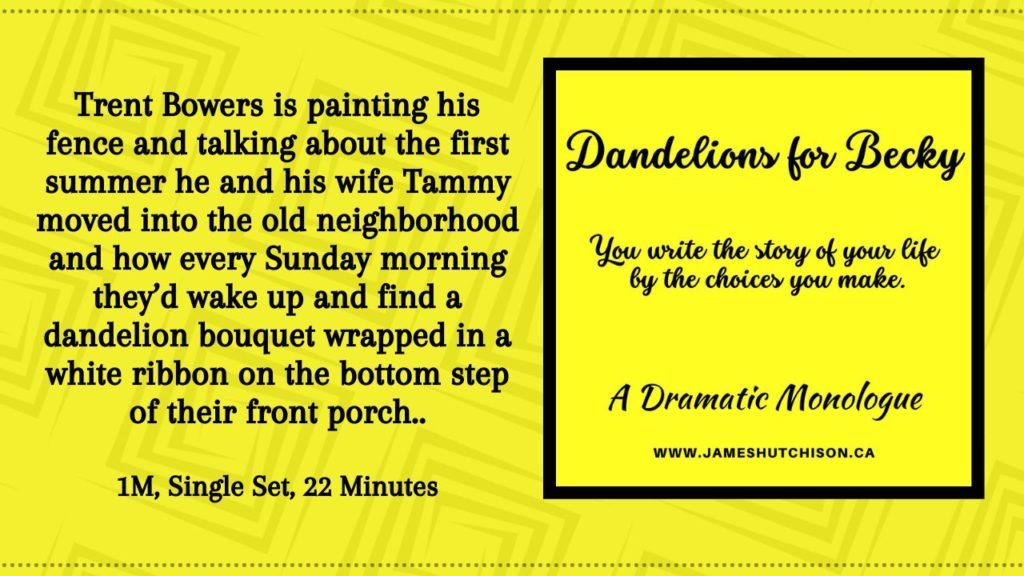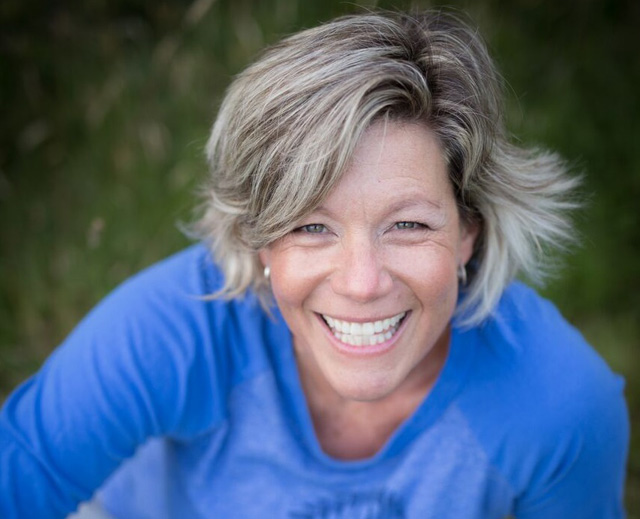
Maryanne Pope is a playwright, screenwriter, blogger and novelist. She is the author of A Widow’s Awakening and the founder of Pink Gazelle Productions where she blogs and works to create literary, theatrical, and cinematic works that challenge, enrich and inspire both artist and audience.
“It’s about the power of dreams. And I’m a huge person on believing in dreams. I mean that’s what I live for is to achieve my dream. I just think dreams are hugely important and I just – I don’t know – I just decided a long time ago – for many reasons – the big one being John’s death – that I don’t want to die having lived an unfulfilled life.”
Maryanne is also the Chair of the John Petropoulos Memorial Fund a charity committed to raising public awareness about why and how to ensure workplaces are safe for everyone, including emergency responders. The charity was started after the death of Maryanne’s husband, John Petropoulos, who was a member of the Calgary Police Service. John died in the line of duty on September 29, 2000 while investigating a break and enter complaint when he stepped through a false ceiling, because there was no safety railing to warn him of the danger, and he fell nine feet into the lunchroom below and succumbed to brain injuries.
I sat down with Maryanne to discuss the John Petropoulos Memorial Fund and her life as a writer.
JAMES HUTCHISON
You’ve wanted to be a writer for a long time?
MARYANNE POPE
Oh yeah, I’ve wanted to be a writer since I was seven. I think that was probably when I first thought of it. But I never really got the concept that you actually have to sit down and write. It was always something in the distance that I wanted to do.
JAMES
As far as your writing career goes your husband’s death seems to be a marker. There was a life before that and a life after that.
MARYANNE
After I graduated from the University of Calgary when I was twenty-five and up until John’s death when I was thirty-two I wanted to try and write a novel. I had no interest in playwriting or screenwriting or anything like that. So, I started to work on a novel but I didn’t really know what I was doing and I was just creating a female protagonist who’s unhappy with her life and wanted to change the world and become a writer. And I wasn’t unhappy with my life, but I was unhappy with the fact that I wasn’t finding the time to write because by this time John and I were married. We’d bought a house. The financial pressure was on. The family pressure was on – are you going to have kids? You’ve got the mortgage now. John’s working full time. I was working full time, and so I was writing less and less and I was very anxious.
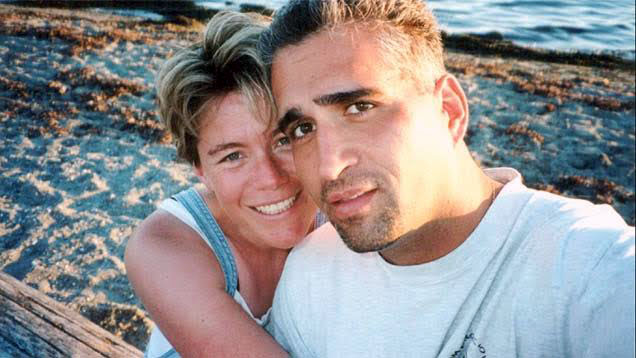
MARYANNE
I knew I was on the right path with the right guy, but I wasn’t doing the work that I knew I had to do, and I was stressed right up until the point before the night John died when we had this big discussion and I said to him, “I am so scared that I am going to wake up twenty years from now and still not have become a writer.” And we had just had a big fight. We’d come back from a holiday and we had a big fight and we didn’t speak to each other for two days and he turned to me and he said, “Maryanne you know that is exactly what is going to happen in twenty years. You are not going to become a writer until you make your writing a priority – until you believe in yourself you will not become a writer.” And he died that night. He went to work and died at 4:00 o’clock the next morning.
And within two weeks after his death I sat down at my computer and I started to write what would become in eight years A Widow’s Awakening and of course because he died in the line of duty that meant that I was financially okay. My house was paid off. I got his income for twenty-one years and then I switch over to his pension, so I got exactly what Virginia Woolf had said – in a room of one’s own women need a secure – or any writer really – needs a secure income and a place of their own to be able to truly write. So, I got what I wanted, but I lost that which I loved the most.
JAMES
The interesting thing to me is how much of your writing has been focused on that tragedy and dealing with it. You have your novel A Widow’s Awakening and you have a one-act play called The Widows.
MARYANNE
Yes, it touches on that.
JAMES
And then you also have Saviour which is a full-length play.
MARYANNE
And that is hugely about John’s death, but it’s also about what I imagine his perspective to be on his death. And so he’s in the process of dying – that’s very much an imagined perspective on that but then I’m in the play as well.
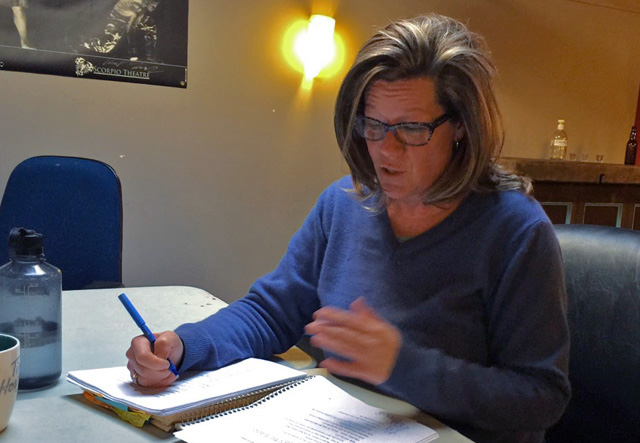
JAMES
Can you encapsulate Saviour, so people understand what it’s about?
MARYANNE
Saviour explores the concept of whether or not another person can save a person or whether the true meaning of a saviour is to help a person save themselves – to empower someone. So, this play looks at the example between John and me because his death gave me the financial freedom to pursue my dream. I just don’t get him and he doesn’t get to pursue his dream so it’s a real double-edged sword. And then it also goes into the bigger concept of a saviour from our Christian paradigm and whether or not we are, in some level of our consciousness in the West, expecting a saviour to come back and fix our problems.
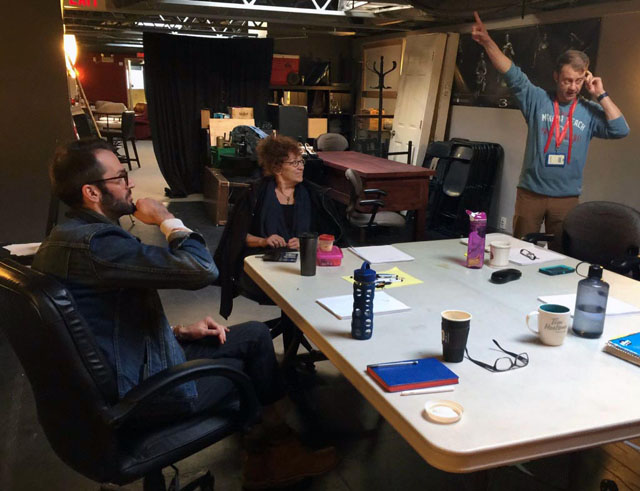
JAMES
Death is, of course, a big part of all our lives and I’m wondering in what ways you think our desire to write and tell stories is an attempt for us to navigate our feelings about death and our own mortality?
MARYANNE
Oh, I think it has everything to do with it because I have found that writing about death and loss and grief – my experience with it – helps me sort out and make sense of what happened. Helps me express my feelings and helps me move forward emotionally and psychologically whether it’s a blog or a story. And then to polish it a little bit and share it with other people is a gift and based on the feedback I get people do resonate with it because you’re right – death is a part of all our lives – we’re all going to go through that you know – losing people we love – or pets we love – or whatever. And when I write about death I like to be super honest about the good, the bad, and the ugly of what I was really thinking and experiencing.
JAMES
In a sense, John’s death fuels or has fueled a large part of your writing how do you feel about that?
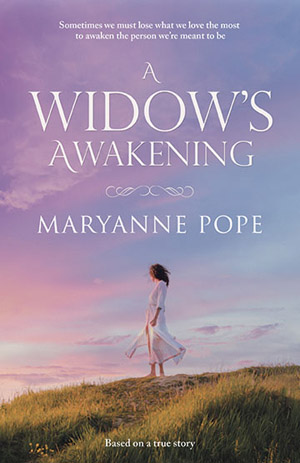
MARYANNE
My mom was a psychiatric nurse at one point and she was very concerned about me working on A Widow’s Awakening for so long. And I think there is validity in that because if you constantly write about a tragedy it’s very difficult to move on because you sort of stay stuck in the past.
However, from a creative perspective, it’s an incredible story. And I know from the feedback I get from the book plus when I go out and deliver presentations that it’s a very powerful story and it’s very emotionally impactful. There are many many life lessons in there so I can pull different things for different projects whether it’s presentations, whether it’s a blog, whether it’s a book, whether it’s a screenplay, whether it’s a play. It was horrific to experience John’s death, but in a way the universe not only delivered me the financial means to become a writer the universe delivered me one hell of a story to tell.
JAMES
One of the things you established after John’s death was the John Petropoulos Memorial Fund which is an organization that strives to eliminate preventable workplace fatalities and injuries to first responders by educating the public about its role in helping to keep these workers safe on the job. What initiatives are you the proudest of and have been the most successful in your promotion of that safety message?
MARYANNE
We’ve done eight public service announcements and one ten-minute safety video. The picnic PSA, for example, is about traffic safety and reminds drivers to slow down when they see emergency vehicles – police, firefighters, paramedics, and the tow truck drivers along the side of the road. Then there’s the three put yourself in our boots videos. One tells the story of a police officer in exactly the same situation that John died under, and then there’s one where firefighters get trapped in a burning building because someone left clutter at the emergency exit and they couldn’t get out, and then in the emergency services one the paramedics are impacted because of a distracted driver.
Often, we get the most powerful feedback from people after they’ve seen one of our safety presentations. As part of our safety presentation, we physically go into a business or a school and we’ll talk about John’s death, show our public service announcements and the safety video. And when I’m the one doing the presentation and they hear the story they see it in my face because I’m this widow and then they see the videos and you see the light turn on. And I’ve heard from people in person after the presentation and in lots of e-mails and the number one comment is, “I never thought about safety in our workplace from the perspective of a first responder going in who wouldn’t be familiar with our building. Your story and your public service announcements and your video helped me change my perspective.” And that’s our goal. And I see that shift when I’m the one doing the presentation.
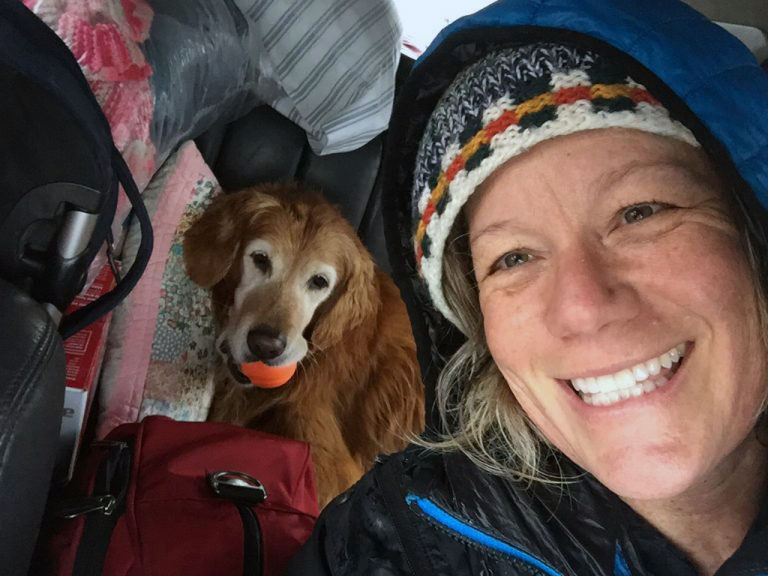
JAMES
Speaking of a shift, back in 2017 you decided to sell your house – put all your belongings into storage – and hit the road with your golden retriever Sadie. Your journey began on January 12, 2018. You left Victoria and headed down into the states for three months of travel and writing staying for short periods in various places and working on different projects and maybe living a bit of a Bohemian life.
MARYANNE
Very Bohemian.
JAMES
What motivated you to take that trip, and what did you learn about yourself as a writer?
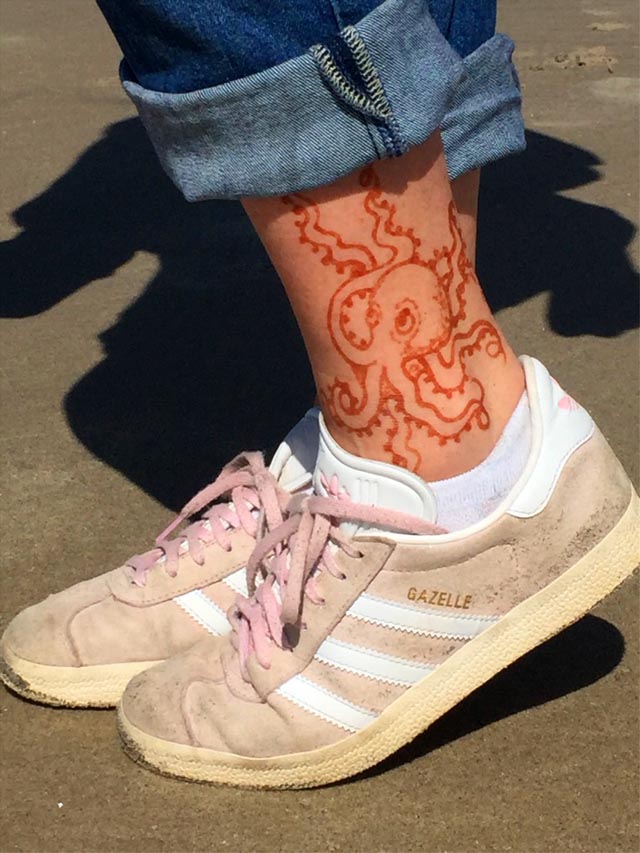
MARYANNE
That trip was something I had been wanting to do for a long time. I just needed to have the financial freedom of the house behind me and my stuff in storage so I’m not trying to run a household, and the motivation was just to travel and be on the road, and to write, and to eat road trip food. That’s what motivated me. What I learned though – and this is what I’m still baffled about – is that I love that Bohemian lifestyle! I love life on the road!
Like right now I’m staying in one place for three months and I get a lot of work done, but I’m already getting antsy. And I never, never, would have guessed that about myself even though I’ve been a traveller all my life. And I to love travel but I am also a huge homebody but what I’ve discovered about myself is that home for me doesn’t necessarily have to entail being surrounded by my own things in my own home. Home for me is being with my laptop, my writing, my vehicle, my dog and so wherever I am becomes home. I would have never imagined that about myself. I always thought I’d feel like I was on the road but now I find home is wherever I am. It’s a shift in my thinking.
JAMES
So, now you’re able to write anywhere?
MARYANNE
Oh, absolutely. Absolutely anywhere. And my office is all over the place. And I’ve no problem with the discipline. What I have a problem with is the opposite. Turning it off and taking those breaks and saying, “No, it’s Sunday I’m not going to write today.” But I’ve learned that the breaks even if it’s only one or two days a week that I take off – those payoff in spades when I’m back working because that break away makes my writing that much stronger whereas when I work right through, even if it’s only a few extra hours a day, then I burn out.
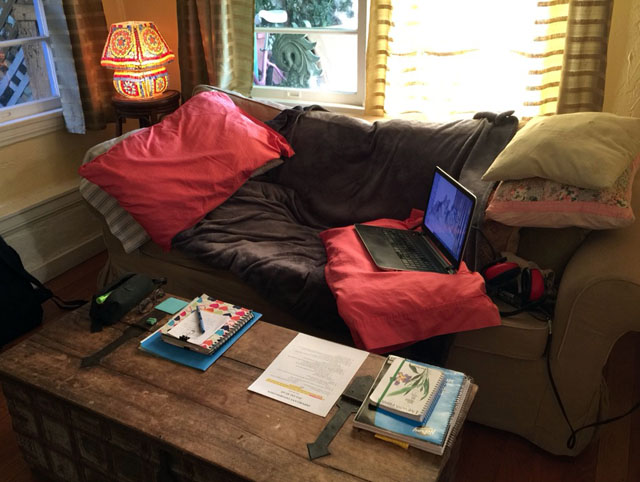
JAMES
What were some of the best places you went to on your trip for your writing?
MARYANNE
Sedona is magic. Sedona is one of the best places on the earth that I’ve found to write. So, I’ve gone there twice now. Once on my trip and then I went back at the end of September. I went for a week and did some intensive writing. There’s something there, right? There’s the energy and the vortexes and all that sort of stuff. I tap into it. It’s amazing and I’d just go write in the mornings, and then I’d go for a hike in the afternoon, and then I’d just listen to music in the evening. It’s incredible. I got most of a script written there so that was really good. I would go, for sure, to Sedona again.

MARYANNE
Another place that was extremely magical was Zion National Park and Bryce Canyon. And these are all interior like Utah and Arizona which is shocking because I’m a total beach person – a total water person. I live to be by the ocean. And I absolutely loved the Oregon and California coast but these other places were new and just incredible. Yeah, that trip was just life-changing. I had a sense of freedom on that trip that I don’t remember ever experiencing in my life. I loved it. I loved every moment. And Sadie and I had a ball and I got lots of writing done and I just loved it. I loved the whole scene.

JAMES
You also do a lot of blogging so I’m kind of wondering how did the blogging evolve?
MARYANNE
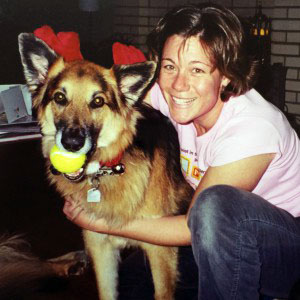
I started blogging in 2010 when I sold my home in Calgary, and I was leaving to go and live on Vancouver Island, and I was working with a marketing person who had suggested writing blogs, and I thought, “Oh God I don’t have time to write blogs on top of everything else, I’m stressed. I’m getting out of this house.” Well, wouldn’t you know it my doggie Sable goes blind. So, here I am in this huge house and normally I’d be out visiting a thousand people because I was leaving Calgary, but I couldn’t because my dog was blind and I live in a house full of stairs. So, I physically had to be with her so I’m in this house that’s all packed up and I took her advice and I started to write a blog about this experience of what it’s like to pack up a house with a blind dog starting on a new journey with so much sadness knowing that this dog isn’t going to be around for very long. And then when I got to Vancouver Island I kept blogging regularly, and I liked the feeling of satisfaction you get from completing a short piece after working on longer pieces that are taking so long to finish like my screenplay, God’s Country, which is about Nell Shipman the silent screen star.
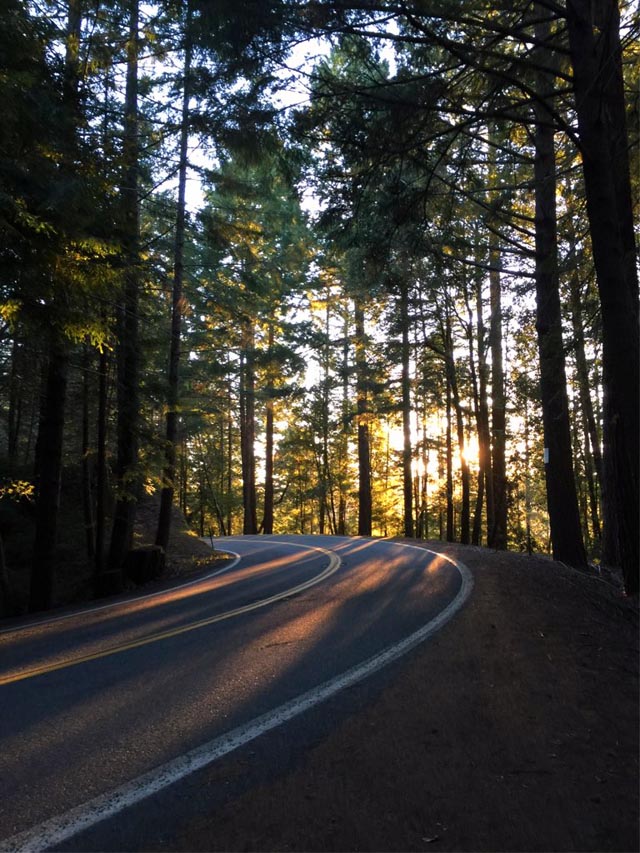
JAMES
I’ve noticed on your blogs that you’ve posted a couple of quotes from The Alchemist by Paulo Coelho.
MARYANNE
Yes. Yes. Yes.
JAMES
Is that a favourite book?
MARYANNE
Oh, yeah. I’ve read it so many times now.
JAMES
What does it provide you with?
MARYANNE
Oh, it provides me with the reminder that – it’s the quote – that the universe conspires to help us achieve our dreams. The universe is there. It’s got our back. It will do everything it can to help us along and what seems like a setback is not a setback. It is just an opportunity for us to learn the lessons so that we can move forward in our dream. It’s about the power of dreams. And I’m a huge person on believing in dreams. I mean that’s what I live for is to achieve my dream. I just think dreams are hugely important and I just – I don’t know – I just decided a long time ago – for many reasons – the big one being John’s death – that I don’t want to die having lived an unfulfilled life.
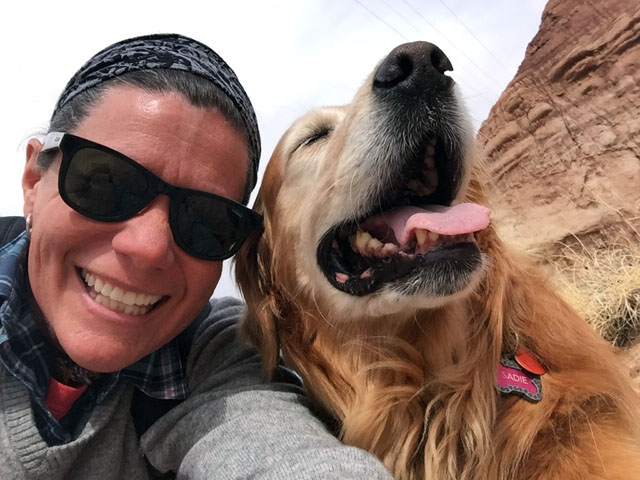
JAMES
So, you were on the road when you celebrated your 50th birthday on February 23rd 2018 with friends in Oceanside California. How did you feel about reaching that landmark and did you gain any new insights about yourself or life now that you’ve lived half a century?
MARYANNE
Well, I was just so flipping excited and I still am. I feel way better than I ever thought I would at fifty. At twenty I thought fifty was old, and I had better have achieved everything I wanted to achieve by then because I’d pretty much have just rolled over and died by then. And now that I’m at fifty I feel great. The only thing is I have lots of energy during the day and during my creative time and stuff but I’m pretty much useless after seven pm. And it used to be a joke and funny and now it is what it is and because of the writing and intellectual work that I do all day I need a lot of sleep, and I just shut down at seven o’clock at night and then I just get up early and go for it. You know the bodies not the same. There are wrinkles and stuff but that stuff doesn’t bother me. I just think it’s like Coco Channel said, “You get the face after fifty that you’ve lived.” It shows. And Gloria Steinem said, “After fifty all the bullshit is gone.” And that I’m noticing. Oh my God, my tolerance for people that are pissing me off – that are toxic – that are bringing me down – that are bugging me – whatever – I don’t have the time for it. I don’t have time for all the extra shit that I don’t want to do anymore. And it has just become so much easier to just say no to that.
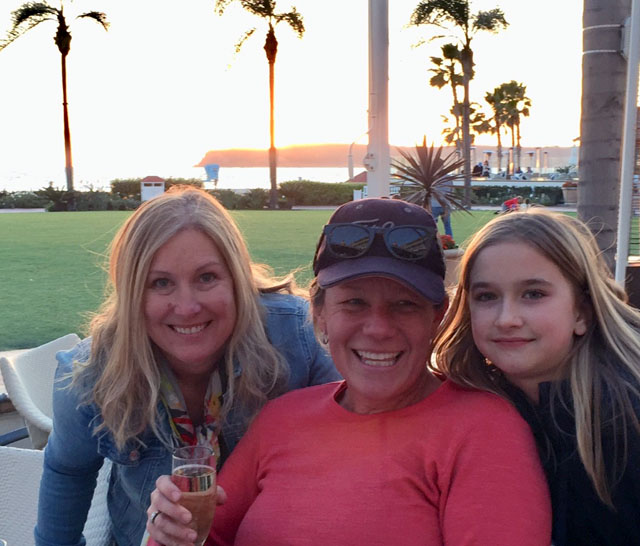
JAMES
Well, lets talk a little bit about your screenplay God’s Country which as you mentioned is about Nell Shipman the Canadian born silent film actress, screenwriter and director. You’ve been working on that project for a long time so I’m just curious where you’re at with that.
MARYANNE
Ah, yes well that went through a big rewrite in the summer and then I sent it to the director and the producer here in Calgary that I want to work with. And I had a big meeting with the director and he still isn’t happy enough to take it on but we brainstormed ways that I might change it so that he will because I really want to work with these guys they’re so good.
But I had changed the story to be a biopic. So it was cradle to grave and his suggestion was we just need to give it a bit more oomph a bit more magic and you know it’s so funny because this book I’m reading about marketing and stuff which is all about story and about clarifying the message is exactly what this director told me is the flaw in God’s Country at present. Now we have Nell being born – now she’s on vaudeville – now she’s getting married – all this sort of stuff that tells a beautiful story about someone’s life but what is the meat and potatoes of this story.
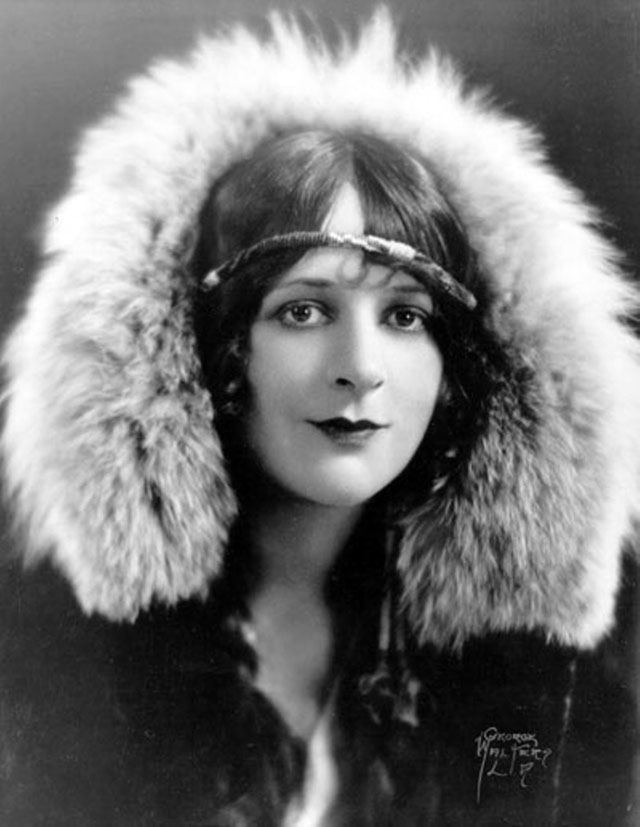
JAMES
Are you talking about her inner motivation?
MARYANNE
Yeah, what does she want? And you know I know her so well now because I’ve lived with this character for fifteen years – I know her family so well now because I’ve become very close with her family – her descendants. And it feels like I’m battling with her instead of working with her. I’m telling the story that she wants me to tell because I’ve read this autobiography and I’ve seen her movies and I want to be true to her but I also want to tell a contemporary story.
I’m just frustrated with myself as a writer because for some odd reason I haven’t always been able to grasp the basics of what a good story is. I’m more of a writer who just wants to tell what I want to tell, and I really don’t care what the textbooks have said about you have to have your inciting incident – you have to have your characters wants – you have to have to have stakes. I know all that but I don’t think I’ve really internalized it and I’m frustrated with myself because those scripts are not getting made.
So now I’m being forced to become a better writer and a better storyteller and that’s not easy, right James? It’s not. It’s growing. It’s exhausting. It’s hard work. I’m tired of being rejected but this is the path I chose and most of the time I love it.
JAMES
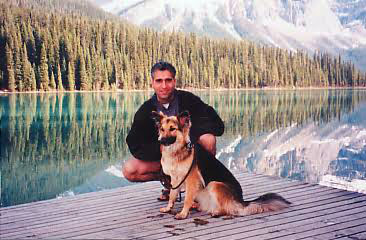
So, as you mentioned before, your husband John said to you the night before he died, “Maryanne you know that’s exactly what’s going to happen in twenty years. You are not going to become a writer until you make writing a priority until you believe in yourself you will not become a writer.” So now almost twenty years after his death what do you think John would say to you about what you’re doing and what you’ve accomplished with your writing?
MARYANNE
I think he’d be super proud of what I’ve accomplished and where I’m at, but I think he’d be kind of puzzled, as I am puzzled, as to why some projects are taking so long to complete even though I’m doing my job, and I’m showing up every day and doing the work, and I’m finishing a project and then it goes out into the world and then the world sends it back, and I think he’d be interested – I think we’d be having some good conversations about that.
JAMES
So, then looking ahead what is your vision of life as a writer?
MARYANNE
I would say the life of a writer is learning to embrace the process and learn to love the process of writing. Like the day in and day outness of it. So, for me being able to get up in the morning and be super excited where I’m at – no matter where I’m at in the cycle of a project – no matter if it’s going well or not going well. If it’s not going well to embrace the challenge and if it’s going well to go, “Yes, I’m almost done and it’s going to be great.”
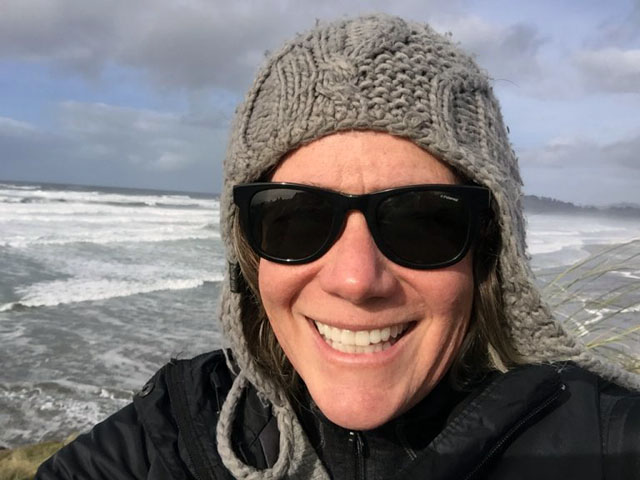
Interviews have been edited for length and clarity. This particular post is a combination of two interviews with Maryanne Pope. One conducted on April 8, 2016, and one conducted on December 8, 2018.
DOWNLOAD – James Hutchison Interviews Maryanne Pope
